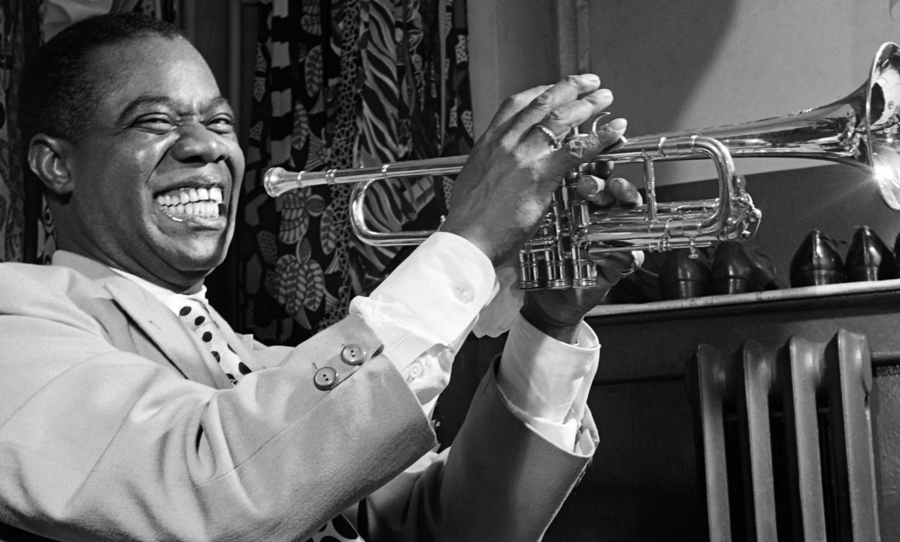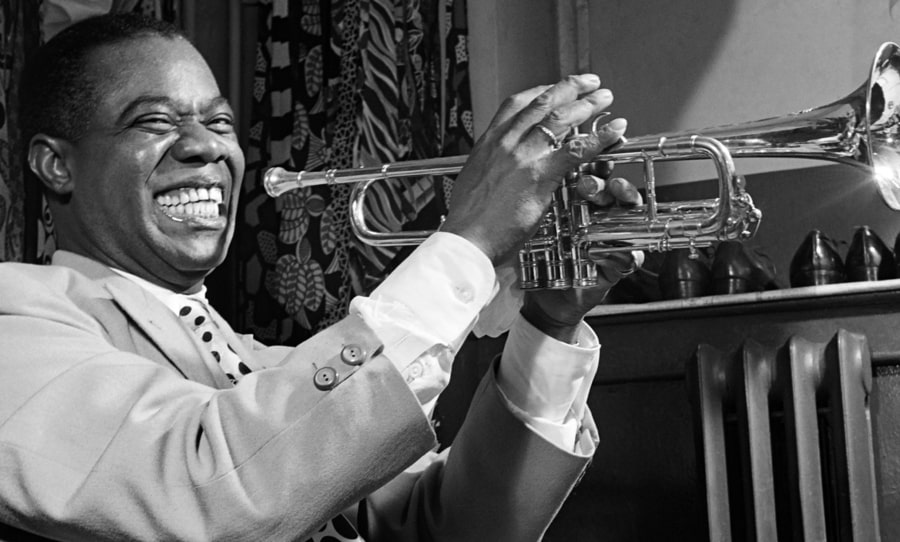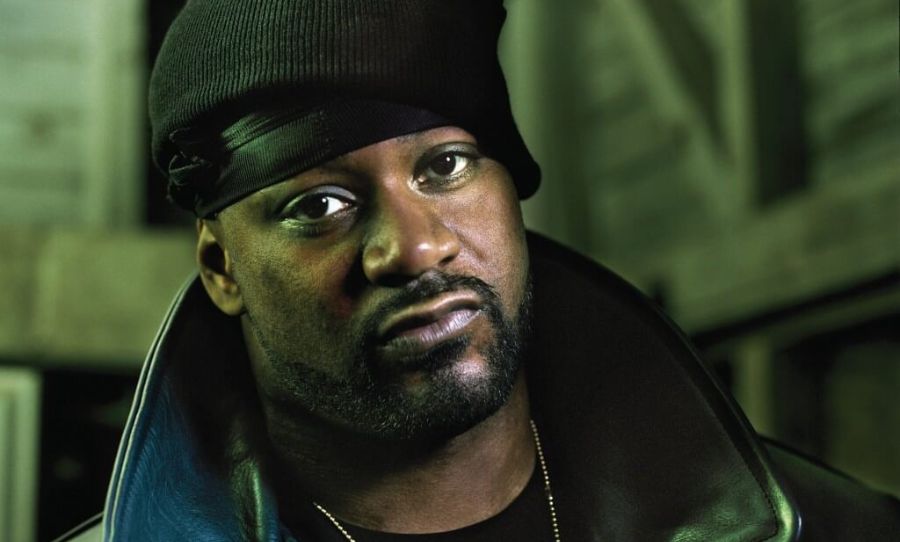Louis Armstrong is the jazz icon perhaps most well-known for his beautiful renditions of standards like What A Wonderful World. But the world wasn’t always so wonderful for the musician.
Born in New Orleans 1901, he experienced poverty, World War I, the Spanish flu, The Great Depression, and a hell of a lot more. In his 1952 memoir, Satchmo: My Life, he describes his experiences of the Spanish Flu, and they’re relevant now more than ever.

In his memoir, Satchmo: My Life, Louis Armstrong recalls his experiences as a 17-year-old musician during the Spanish Flu in New Orleans.
Looking back on Armstrong’s observations, it’s easy to find parallels with our current experiences facing the coronavirus pandemic. Armstrong offers a few simple paragraphs on the flu, beginning by outlining its impact:
“On October 9th, the New Orleans Superintendent of Health, ‘with Mayor Martine Behrman’s consent and the blessing of state authorities… ordered closed all schools (public, private, and parochial, as well as commercial colleges), churches, theaters, movie houses, and other places of amusement, and [prohibited] public gatherings such as sporting events and public funerals and weddings.’”
Sound familiar? At 17 years old, Armstrong was earning his bread playing the likes of clubs and riverboats, which were at that point all shut down due to the flu. The trumpet player and singer then went on to describe how he avoided it:
“When I came back from Houma things were much tougher. The Kaiser’s monkey business was getting worse, and, what is more, a serious flu epidemic had hit New Orleans. Everybody was down with it, except me. That was because I was physic-minded. I never missed a week without a physic, and that kept all kinds of sickness out of me.”
Unable to play his trumpet, he went on to care for the sick, since hospitals were full. This included his family, friends and people in his neighbourhood.
“Just when the government was about to let crowds of people congregate again so that we could play our horns once more the lid was clamped down tighter than ever. That forced me to take any odd jobs I could get. With everybody suffering from the flu, I had to work and play the doctor to everyone in my family as well as all my friends in the neighborhood.”
Armstrong finishes the passage with a jaunty, but well-earnt reflection:
“If I do say so, I did a good job curing them.”
History sure does have a way of repeating itself.
Up next, the tragic tale of jazz trumpeter Lee Morgan.



